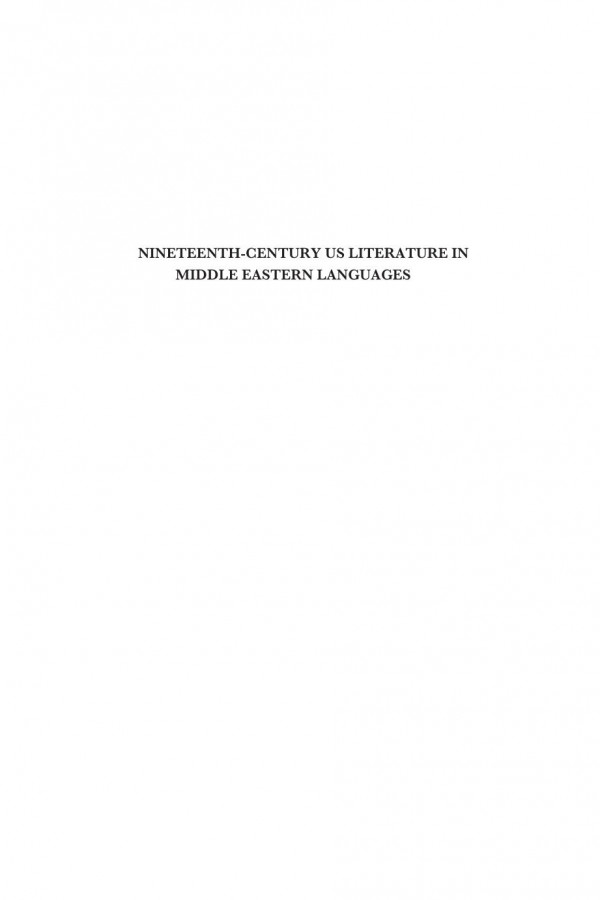

Most ebook files are in PDF format, so you can easily read them using various software such as Foxit Reader or directly on the Google Chrome browser.
Some ebook files are released by publishers in other formats such as .awz, .mobi, .epub, .fb2, etc. You may need to install specific software to read these formats on mobile/PC, such as Calibre.
Please read the tutorial at this link: https://ebookbell.com/faq
We offer FREE conversion to the popular formats you request; however, this may take some time. Therefore, right after payment, please email us, and we will try to provide the service as quickly as possible.
For some exceptional file formats or broken links (if any), please refrain from opening any disputes. Instead, email us first, and we will try to assist within a maximum of 6 hours.
EbookBell Team

5.0
50 reviewsIn a pioneering approach to classic U.S. Literature, Jeffrey Einboden traces the global afterlives of literary icons from Washington Irving to Walt Whitman and analyses 19th-century American authors as they now appear in Arabic, Hebrew and Persian translation. Crossing linguistic, cultural and national boundaries, Middle Eastern renditions of U.S. texts are interrogated as critical readings and illuminating revisions of their American sources. Why does Moby-Dick both invite and resist Arabic translation? What are the religious and aesthetic implications of re-writing Leaves of Grass in Hebrew? How does rendering The Scarlet Letter into Persian transform Hawthorne's infamous symbol? Uncovering the choices and changes made by prominent Middle Eastern translators, this study is the first to reveal the significance of 'orienting' American classics, demonstrating how such a process offers a valuable lens for reconsidering U.S. literary origins, accenting and amplifying facets of the American Renaissance customarily hidden.